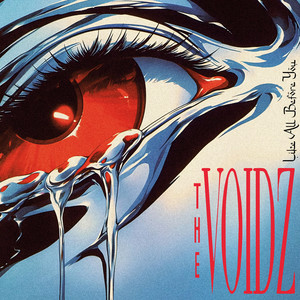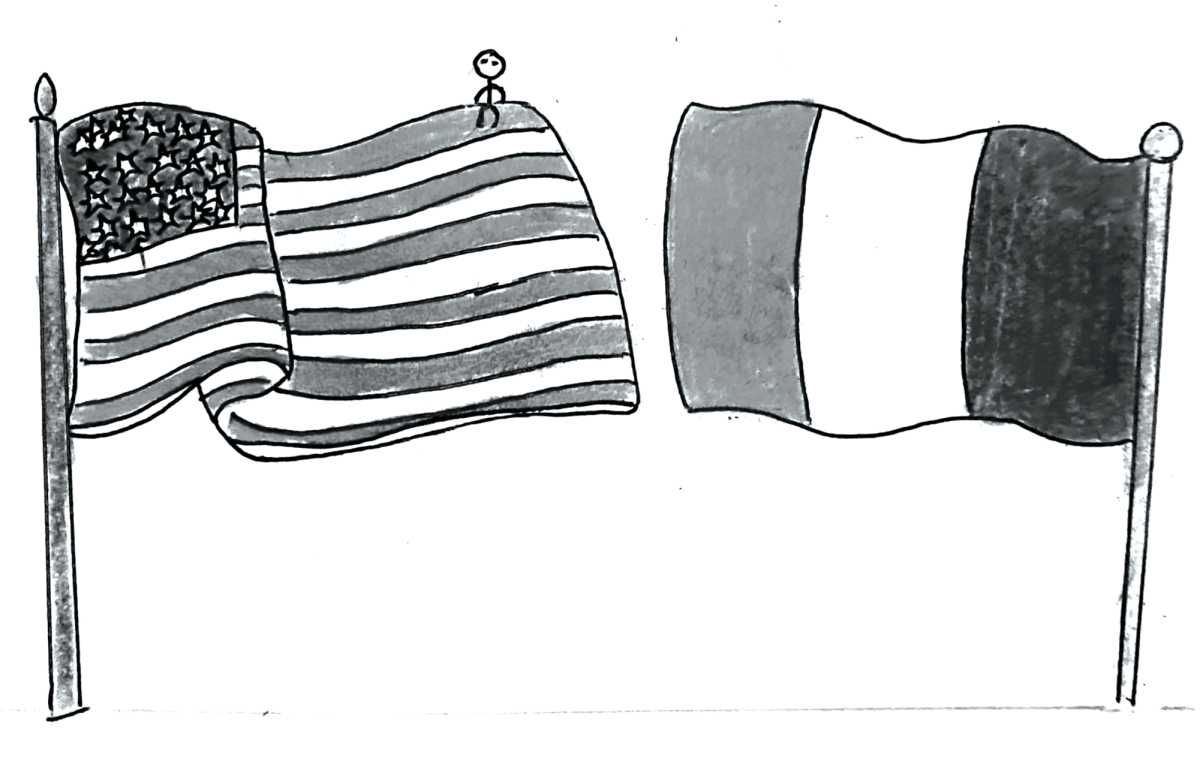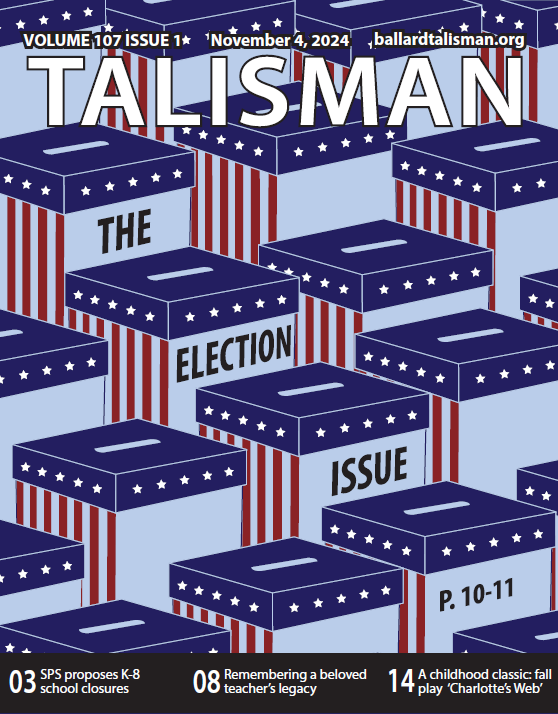On August 30, 2004, the idiosyncratic, Icelandic musician, Björk, released her first and only project to utilize — almost exclusively — the function of the human voice. Whereas previous records including 1997’s “Homogenic” and 2001’s “Vespertine” relied on ultramodern beats paired with the singer’s iconic vocals, 2004’s “Medúlla” pioneered a cacophony of breaths and guttural groans, gracing alternative music with an undeniably primal addition.
“Medúlla’s” organically stark sonic landscape, one of whispering nerves, rushing blood and pulsating internal organs, created not only an intimate experience for the listener, but a physical one. In fact, the name “Medúlla,” –being Latin for “marrow” or “innermost part” –reflects the album’s fittingly raw dissection of emotion, family dynamics and the time period’s socio-political climate.
The album’s opening track,“Pleasure Is All Mine” fiercely sets the mood with its stripped-down melodic vocals and sequentially layered beatboxing. Following the song’s introduction, is a complex yet accessible arrangement of sounds, perfect for the novice or the die-hard Bjork listener. As the track’s title suggests, ‘pleasure’ and intensity oozes from every breath and crescendo, culminating in a climactic ending.
In terms of the album’s hardware, Björk employed the talents of throat singer Tanya Tagaq, (who really shines in the track “Ancestors”) beatboxer Rahzel, of The Roots as well as a male and female choir composed of singers from Iceland and the U.K.
In addition to being the musician’s only, largely, acapella album, “Medúlla” is her only album to never be toured. This decision was due to events in the singer’s personal life, having just given birth to her daughter: a triumph of the physical body that would inspire much of “Medúlla’s” power.
In many ways, this album is both a personal exploration of Björk’s life – the tracks “Vokuro” and “Where Is the Line” being loving and abrasive messages to her daughter and brother respectively – and a political statement.
Influenced by the over-saturated patriotism Björk witnessed in NYC following the events of 9/11, the album aims at establishing humanity’s cultural common ground, the singer herself calling the album “A greatest hits of human spiritualism.”
“Triumph of a Heart,” the album’s closing track, embodies the deeply physical nature of the whole album, with lyrics pertaining to the literal functions of a human heart. Being Björk’s self-proclaimed “troll song,” its sheiks, breaths and meows maintain the album’s unique style while flashing a quick and mischievous smile to the expectations of the listener.

















![Henry Willy [pictured left] taking the field with his teammates in a 10-11 loss vs. Saas.](https://ballardtalisman.org/wp-content/uploads/2024/05/IMG_2431.jpg)











